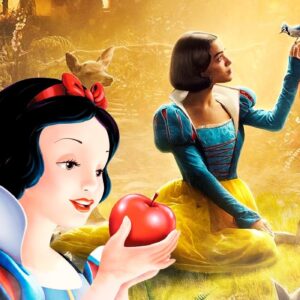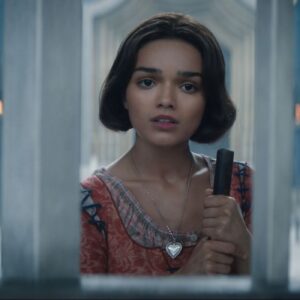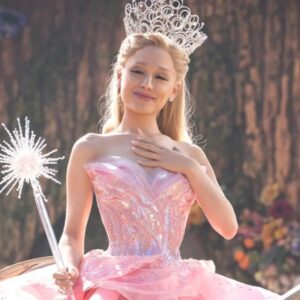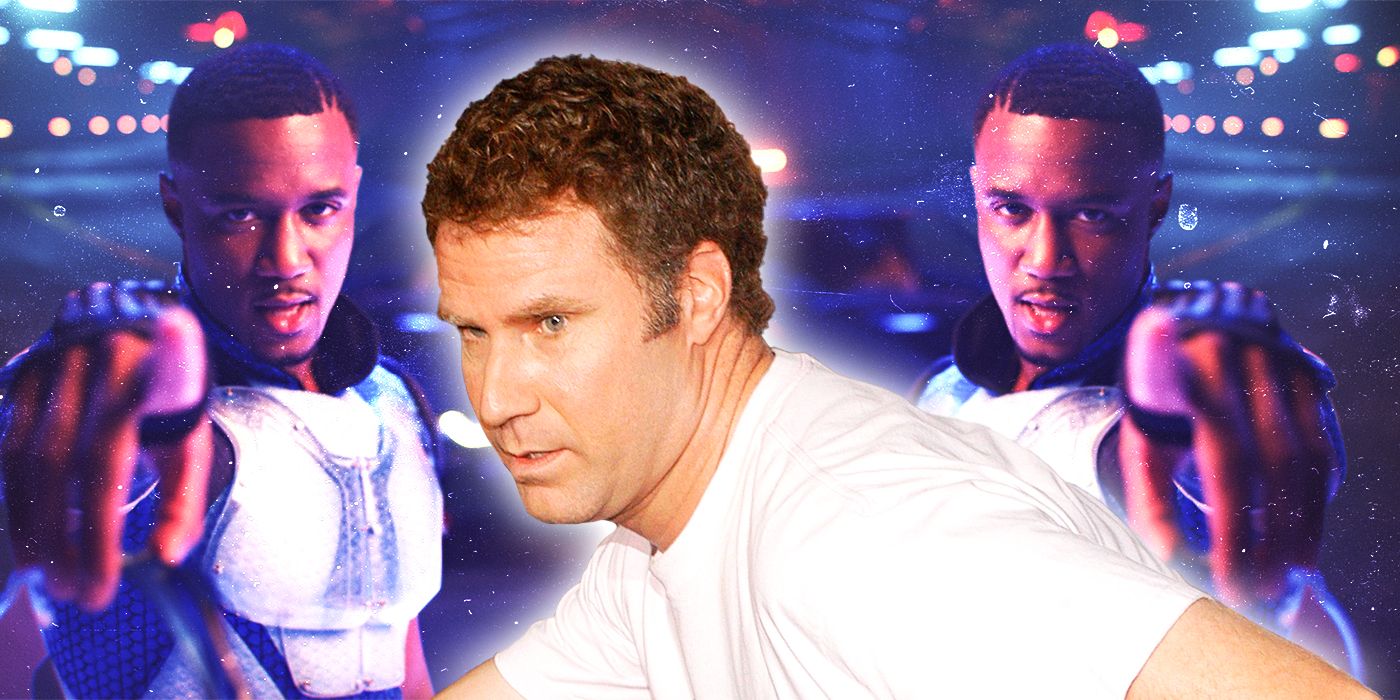
Fans of The Boys have been waiting for the fourth season for some time. The Prime Video series has been one of Hollywood’s most thought-provoking stories over the course of the 2020s. Not just based on its critique of the superhero genre and the parodies of comic book culture, but due to how closely its satire hews to modern American politics.
Amazon’s streaming service dropped the first three episodes, which set the stage for yet another energetic season. Interestingly, these chapters reveal Will Ferrell’s surprising role in Vought International’s media and entertainment plans. As the actor cameos, he sets the stage for a massive change in A-Train’s life.
Who Is Will Ferrell’s Coach Brink in The Boys?
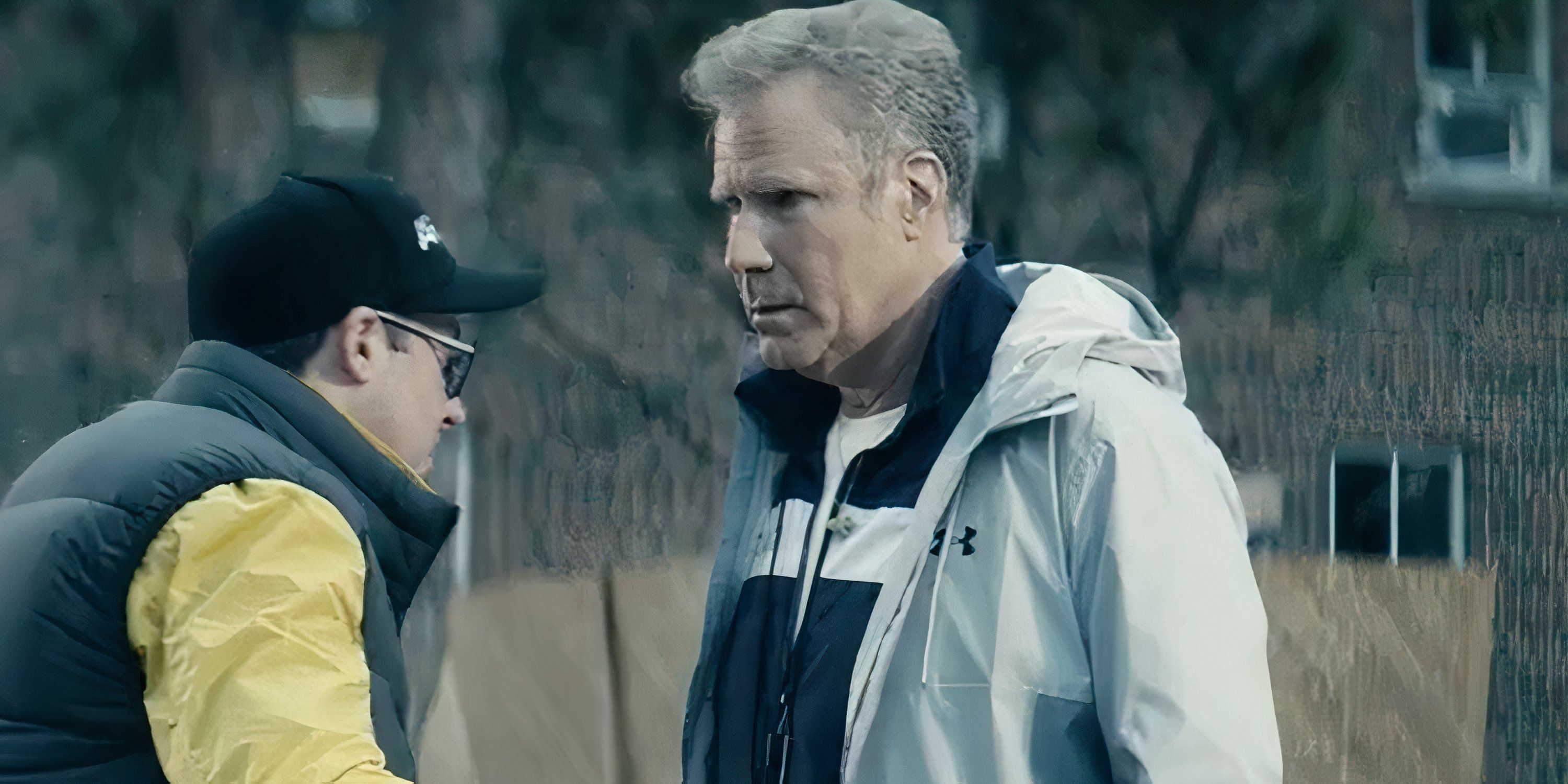
The premiere opens with A-Train in his civilian form, Reggie, selling drugs with his brother when Will Ferrell arrives and introduces himself as Coach Brink. At this point, fans can sense this is a film, as Richard Brinkerhoff (aka Professor Brink) was the mastermind who helped teach superheroes at Godolkin University, one of the feeder programs for Vought. The university head died at the hands of Golden Boy in the Gen V series. This was due to a conspiracy about how the university experimented on students. The Boys Season 4 confirms Vought wants to honor Brink’s legacy. This coach then approaches Reggie and invites him back to the suburbs.
Brink wants Reggie to stay with his family, abandon his drug-dealing brother Nathan, and resume the superstar career Brink knows he could and should have. Reggie, however, is reluctant, thinking he is meant for a life of poverty, destitution and crime. The director, Adam, yells cut and heaps praise on his “Ferrell Streep.” He praises Ferrell (who is playing himself) and lets him know that he can win an Oscar. Ferrell is completely oblivious to how upset A-Train is. It speaks to the exploitation of people of color and their stories in the entertainment industry. Adam laces the script with stereotypes, code-switching and racial clichés, without understanding the plight of Black America.
The director spent time at a Compton community center to learn more about marginalized communities, but this leaves A-Train rightfully hating how fake this is. Ferrell even jokes about his character having the energy of Sandra Bullock’s Blind Side. However, it’s Homelander’s directive. Adam directed the Dawn of the Seven movie — a pastiche of Zack Snyder’s Justice League. Now, the mission is to humanize A-Train in his own spinoff while revising history. A-Train is even more enraged, because the real Nathan just worked on him as an athlete and never dealt drugs. This proves what Nathan said in past seasons: A-Train will sell out his kin for the almighty dollar.
While Homelander is getting revenge and humiliating A-Train for past transgressions and insubordination, this movie will improve Vought’s optics and Homelander’s xenophobic image. The drama aside, comedy fans would adore Ferrell’s aloof nature. He wants to get his Oscar campaign on the track and to the finish line, so he comes off naive, distracted and innocent. It’s the kind of energy he has shown in so many films, like Elf and Anchorman. But no matter what, A-Train seethes because he knows he didn’t find salvation with any white savior. He is confined to being a puppet while Ferrell and Adam soak up their potential success. Luckily, this inspires A-Train to be a hero. He starts remembering the Reggie persona and how much he wants to atone. It’s sparked by Brink being that mirror that he needs to remember his true identity.
Why Does A-Train Want to Redeem Himself?
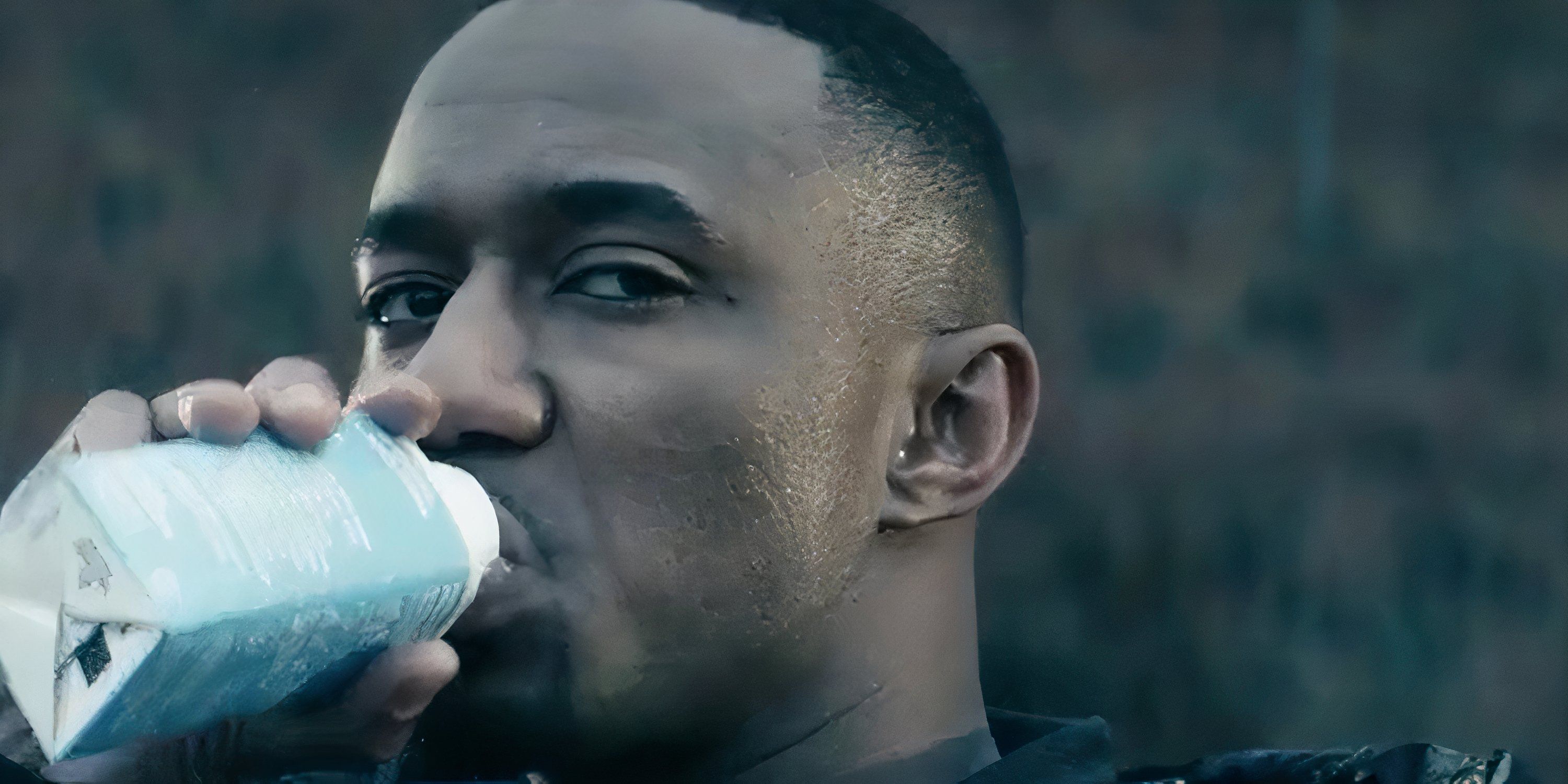
In Season 3, Vought had Blue Hawk try to apologize to Nathan’s community after displays of police brutality. A scuffle broke out, which led to Blue Hawk injuring Nathan, resulting in him using a wheelchair. A-Train ended up killing Blue Hawk, but Nathan cut ties with his brother. Nathan wanted Blue Hawk to be held accountable in a court of law. This was the right way to break systematic racism and show that Vought was a symbol of hatred. But rather than wanting transparency or setting an example, A-Train acted selfishly on emotion, which stems from their upbringing. Nathan already had issues with A-Train abusing Compound V. Still, he trained Reggie, knowing their parents needed money, and brokered a deal with Vought.
Reggie ended up at Godolkin University and worked under Professor Brink, but Brink wasn’t the father the movie depicts. In the end, Nathan grew disgusted with his brother’s arrogance and how he ignored his roots. A-Train never forgot that disdain and the guilt over Blue Hawk kept gnawing at him. He ends up trying to connect with his nephews, telling them stories about his many rescue missions after he got drafted into the Seven. However, Nathan intervenes and reveals the truth: they were all plants. Vought set these scenarios up to make its heroes look good in the press. Nathan coached Reggie through some of these, so he isn’t lying.
The boys grow disappointed, with Nathan telling them to stay away from this false idol. He keeps chiding Reggie as a sell-out who has no problem living dishonestly for people who essentially slave him out. This doubles down as a catalytic moment for a despondent A-Train. He wants to be better for his family and community. Reggie knows Homelander is a racist, which is why he worked to try to hinder Stormfront’s Nazi vibe when she was alive. But despite his efforts to help Billy Butcher (Karl Urban) and the Boys, Homelander’s fascist empire keeps growing. If Reggie doesn’t do his part, his people will suffer in the impending civil war.
The Boys’ A-Train Betrays Homelander In a Big Way
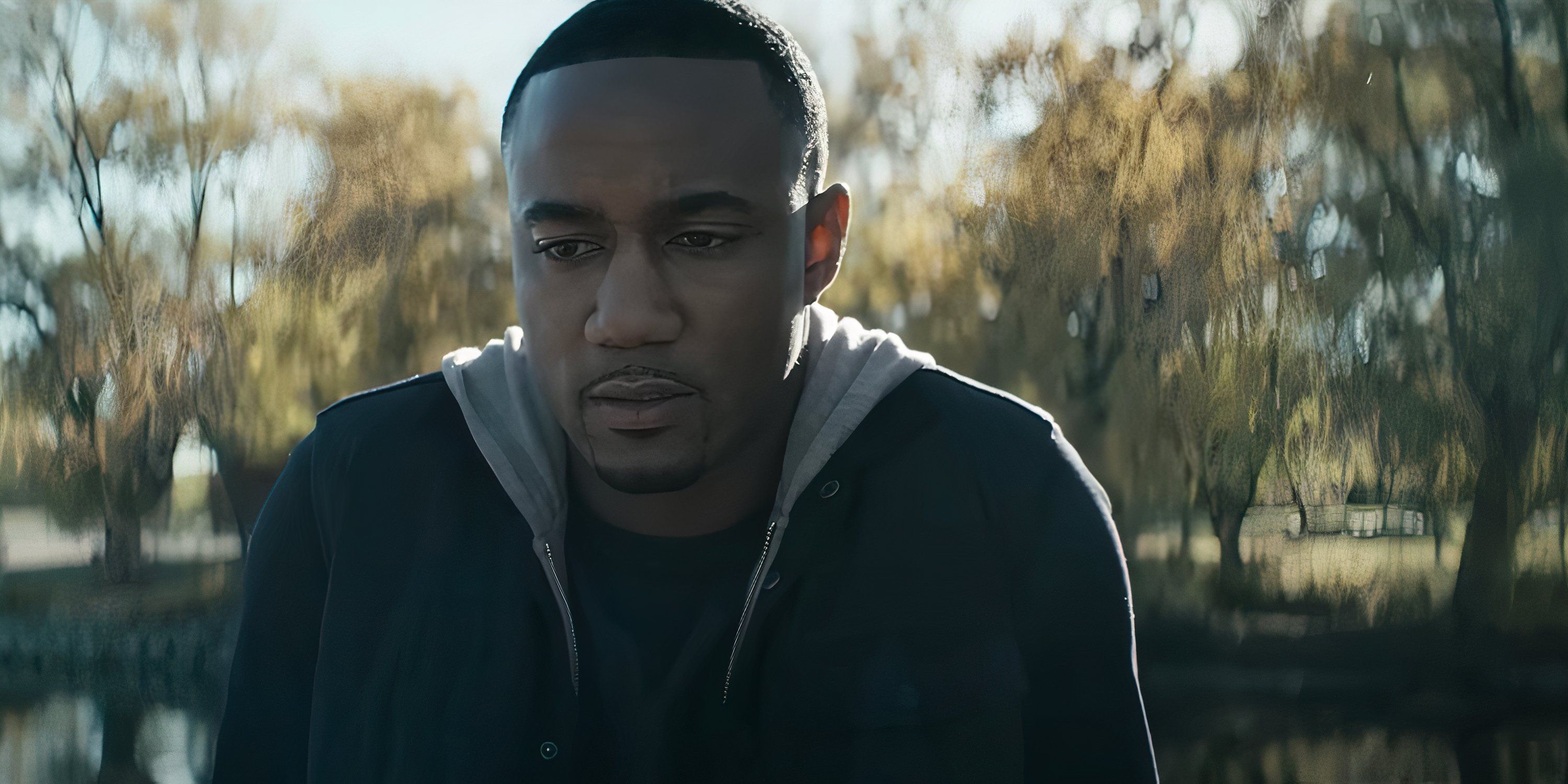
In the past, A-Train and the Deep were blackmailed to betray Homelander in small doses, but this was more out of self-preservation. A-Train, however, wants to stand up for social justice and help heal America. He starts by giving Erin Moriarty’s Starlight and Jack Quaid’s Hughie footage to prove the Starlighter movement didn’t kill a few Homelander supporters. This helps a lot, as America is boiling over with Homelander being found not guilty at his murder trial.
It’s a small gesture, but it helps the brand identity that liberals and progressives are presently trying to carve out. Coincidentally, A-Train was tasked with killing the supporters and framing them by dropping their bodies at the riot outside the courthouse. But him not murdering anyone was the first sign he wanted to change. Handing over this evidence cements it. To top it off, he brokers a truce with Mother’s Milk, who knows that A-Train is tired of being Homelander’s servant and a poster boy for the POC movement.
A-Train’s biggest positive turn comes when he saves Hughie from Homelander’s wrath at a Christmas event rehearsal. He grabs and speeds Hughie away, which is ironic considering A-Train was the one who put Hughie on this journey. Reggie killed Robin (Hughie’s girlfriend) when he ran through her, high on V in the series premiere. Since then, Hughie had it out for “supes.” But in this case, he is grateful. Hughie has matured, moving past the vendetta and focusing on the bigger narrative that The Boys’ showrunnrer Eric Kripke is mapping out: the war for America’s soul.
This act from A-Train goes a long way. Hughie asks why but Reggie runs off. He doesn’t want Homelander knowing he messed with the right-wing movement, saved Hughie, nor does he want anyone to find out he is Milk’s inside man. Being this mole is already dangerous enough as is. Ultimately, A-Train’s redemption song is out of the blocks officially, but he will have to tread lightly because he knows Homelander sees and hears almost everything.
The Boys Season 4 debuts new episodes Thursdays on Prime Video.
